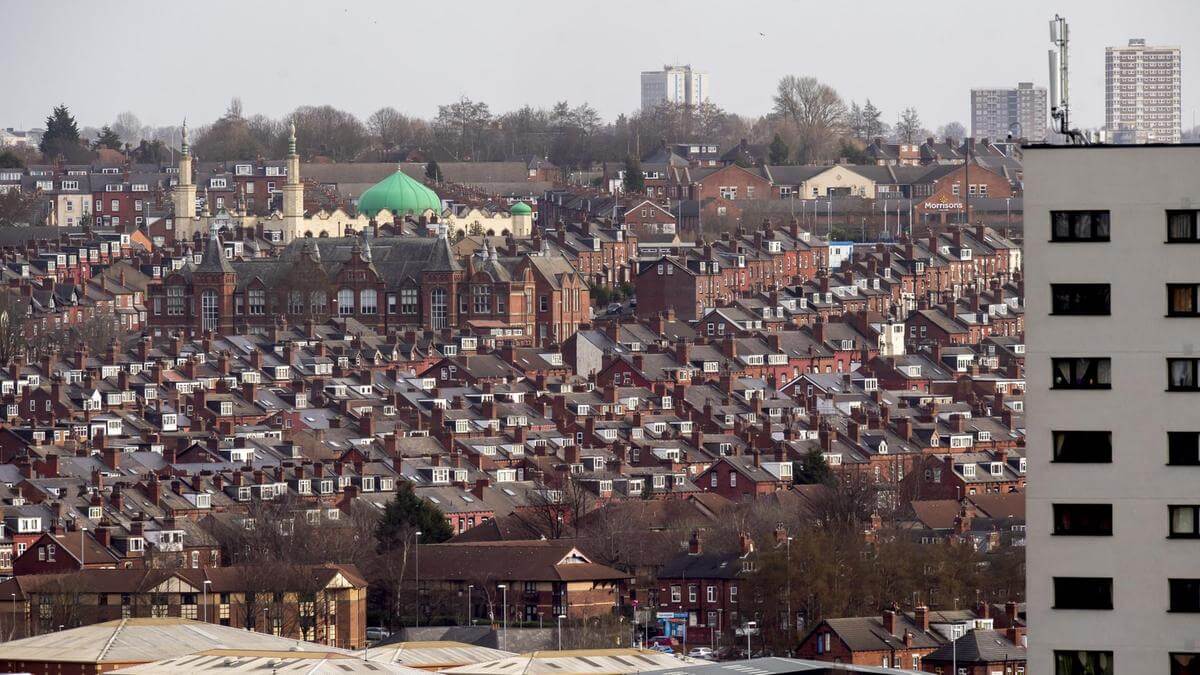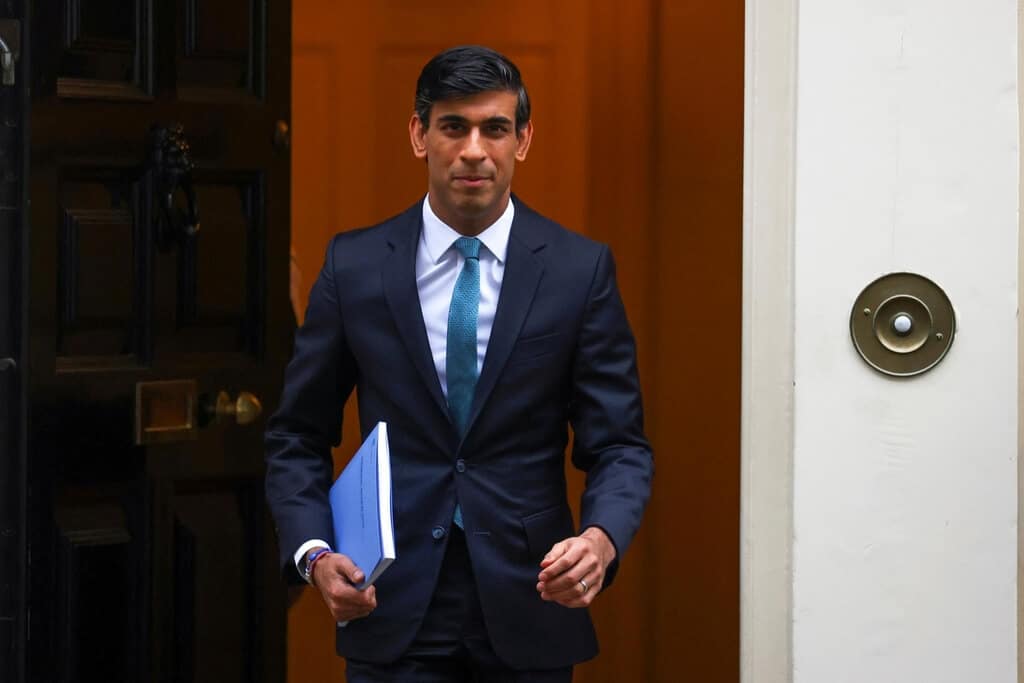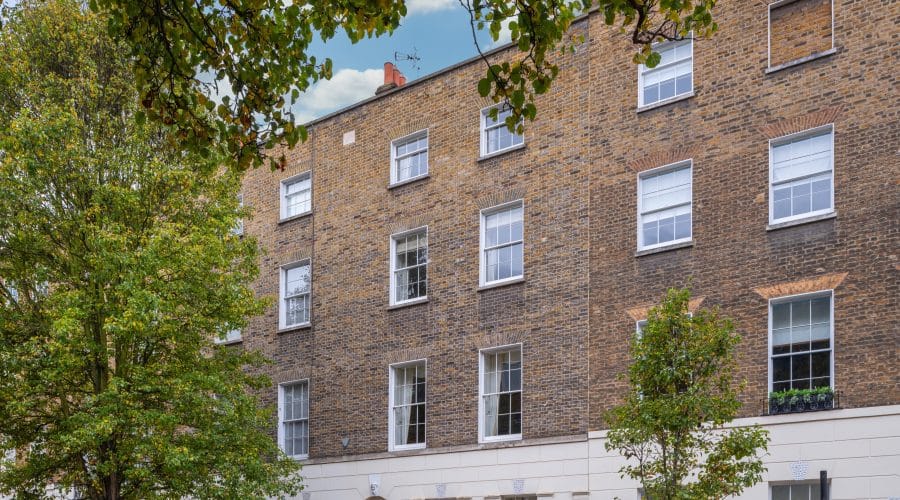By Alice Haine

The pros and cons of the tax break that offers up to £15,000 for UK residents and overseas investors
UK Finance Minister Rishi Sunak will extend the stamp duty holiday until the end of June, which will prevent property transactions from collapsing when the deadline ends on March 31.
Mr Sunak has come under pressure from the property sector in recent weeks to extend the stamp duty land tax (SDLT) break he unveiled last July, after the conveyancing system struggled with a surge in transactions.
Ninety per cent of those polled in Knight Frank’s latest sentiment survey said the tax break should be extended in the budget on March 3, while a quarter of the 500 people polled said the holiday should be tapered to afford extra time for buyers to complete.
Now Mr Sunak will reportedly use the March 3 budget to move the tax break to June 30 to bolster the market as the country recovers from the economic fallout of the Covid-19 crisis, according to The Times.
Henry Faun, partner and head of Knight Frank’s Middle East private office, said many in the housing sector “have called for an extension” to England’s stamp duty holiday, and its equivalents in Wales and Scotland, which offered a saving for both UK residents and overseas buyers of up to £15,000 ($21,126) on the closing price.
Moving the deadline prevents sales “from potentially falling through,” Mr Faun told The National.
Under the tax break, the first £500,000 of the purchase price of a main residence in England and Northern Ireland is exempt from SDLT.
Extending the policy could cost the Treasury about £1 billion, The Times said, at a time when Mr Sunak is set to spend billions of pounds in state support for the economy over the next four months. This is in line with Prime Minister Boris Johnson’s cautious lockdown exit plan, which sees businesses potentially facing restrictions until June 21 when the economy is set to reopen fully.
However, some analysts have criticised how the tax break was applied to the housing sector.
Camilla Dell, managing partner at Black Brick, which helps Middle East investors purchase property in the UK, said the SDLT holiday created competition in the market and benefited every segment of society from first-time buyers to wealthy investors, with even overseas buyers able to cash in.
“It should have been a help for first-time buyers, rather than a blanket free-for-all, because even my wealthy clients, who are buying second homes or buy-to-let investment properties, are benefiting and I’m not sure that’s right,” she said.
The SDLT holiday caused a mini-property boom in the UK, with the housing market accelerating towards the end of last year in direct contrast with the faltering economy.
British house prices soared 8.5 per cent in 2020 to an average record high of £252,000, as the market benefited from the temporary tax break and pandemic-induced demand for more space, the Office for National Statistics said.
Some agents say the tax break pushed prices higher than the saving made on the SDLT holiday and have reported rising competition for properties, with several buyers chasing a single home.
In one scenario, three buyers competed for a detached home in West Sussex, with the property eventually going to a buyer willing to pay almost £50,000 above the asking price, a local agent reported.
The country’s housing market also saw more mortgages approved in 2020 than in any year since 2007, according to the Bank of England, with the strong lending figures again attributed to the tax holiday.
In January, there were signs that ending the tax break would dampen the market, with Halifax reporting a 0.3 per cent drop in the average British house price to £251,968 in January from December, the biggest monthly fall since April last year.
This may have spurred Mr Sunak’s decision to extend, along with the huge backlog in property deals that meant transactions were at risk of collapsing if the SDLT ended in March.
Property analysts TwentyCi warned earlier this month that one in five of the 457,358 purchases made subject to contract at the end of 2020 could fall through if the SDLT holiday ended on March 31, resulting in losses for homebuyers, sellers and service providers.
When it comes to other property taxes, such as Capital Gains Tax, Ms Dell said she does not expect “anything aggressive from a property tax perspective in this current budget”
Mr Sunak needs tax rises of about £60bn to ensure a balancing of books following the Covid-19 crisis, the Institute for Fiscal Studies said.
The UK think tank said the March budget comes too soon for drastic tax changes, as the government must prioritise preserving jobs and businesses.
While Mr Sunak is expected to increase corporation tax gradually from £0.19 to £0.23 by the next general election scheduled for May 2024 to raise £12bn, there is speculation he will also increase rates of CGT rates – a tax on the difference between an asset’s value at acquisition and its value at disposal.
“Such speculation has been fuelled by the chancellor’s request in July 2020 for the Office of Tax Simplification to undertake a review of CGT and has, no doubt, been intensified by the need of the government to raise funds to cover the costs of the Covid-19 pandemic,” Osborne Clarke Tax Group said.
While the company said CGT is “ripe for reform”, the March budget might not be right time for change.
The current standard rates of CGT for residential property are 18 per cent within the basic rate tax band and 28 per cent thereafter.
“Compared to the basic rate income tax band of 20 per cent and higher rate of 40 per cent (or 45 per cent for the highest earners), it is no surprise … that this disparity creates an incentive for taxpayers to arrange their affairs in ways that effectively re-characterises income as capital gains,” Osbourne Clark Tax Group said.
“The OTS highlight that more closely aligning CGT rates with income tax rates has the potential to raise a “substantial amount” of £14bn a year for the Exchequer.”
Ms Dell doubts that changes to the CGT system will come into force on March 3, but warns buyers to expect a property tax overhaul further down the line, which will hurt owners in London and south-east England where prices have surged in recent years.
The IFS, meanwhile, urged Mr Sunak to scrap SDLT altogether, calling it “a particularly damaging tax”.
“Its abolition would stimulate the economy and could be introduced alongside a commitment to replace the forgone revenues with a reformed and revalued – and therefore fairer – and increased council tax,” the IFS said.
Mr Faun said a positive reform of SDLT and local council taxes could see them replaced with a levy based on a percentage of a property’s value, which would be paid on an annual basis.
“For Middle Eastern investors this could mean a higher running cost of their home in England, however, they would save on the upfront running costs,” he said.
For now, the extension to the SDLT holiday will allow Middle East investors to continue to benefit from the tax break, something Ms Dell said makes “no sense”.
Overseas buyers are set to be hit with a 2 per cent surcharge on UK property purchases from the start of April, on top of an existing 3 per cent levy for buying a buy-to-let or second home.
“It doesn’t make any sense to extend the stamp duty holiday for overseas buyers,” she said. “On the one hand you’re taxing foreigners more and on the other you’re still giving them that perk – it’s two taxes going in opposite directions.”

















